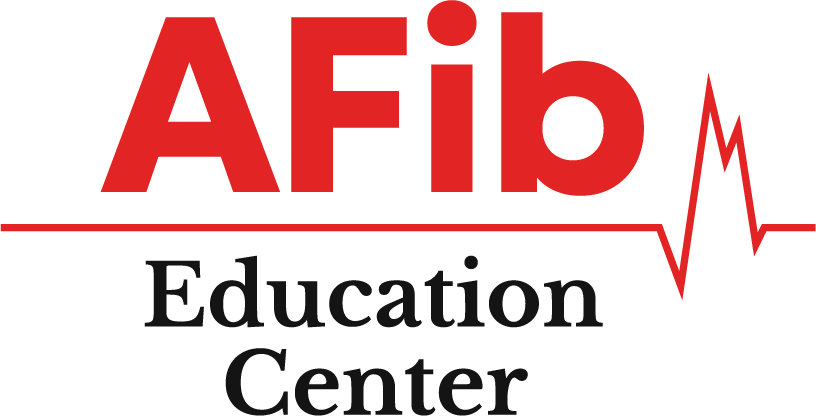Rate Control in Atrial Fibrillation
Atrial fibrillation (AFib) causes symptoms like palpitations, shortness of breath, chest discomfort, and fatigue due to irregular heart rates from abnormal electrical activity. Rate-controlling medications are the first line of treatment to manage these symptoms by slowing down the heart rate during AFib episodes.
Key Points Covered
- Function: Rate-controlling medications reduce heart rate during AFib, easing symptoms without curing the condition.
- Types: Includes beta blockers (e.g., Metoprolol), calcium channel blockers (e.g., Diltiazem), and Digoxin for specific cases.
- Effectiveness: Helps manage mild to moderate AFib symptoms, but does not prevent AFib episodes or its progression.
- Safety: Generally safe with minimal long-term side effects, such as fatigue (beta blockers) or minor issues like ankle swelling (calcium channel blockers).
- Use: Suitable for early AFib stages or when symptoms are less severe; may require additional treatments for persistent AFib or severe symptoms.
Rate-controlling medications play a crucial role in alleviating AFib symptoms, providing a safe and effective way to manage heart rate. However, they do not address the underlying condition or prevent AFib episodes, necessitating tailored treatment plans based on individual needs and AFib stage.
